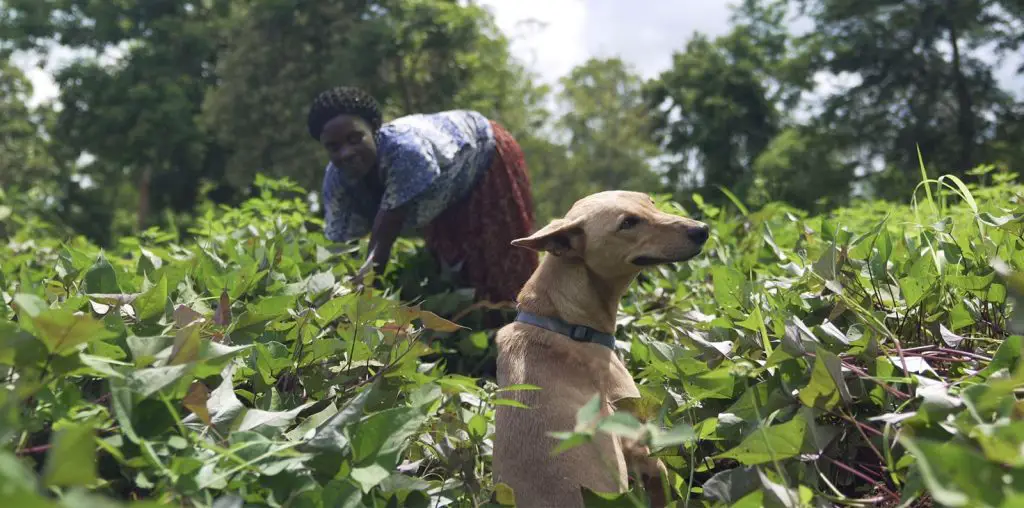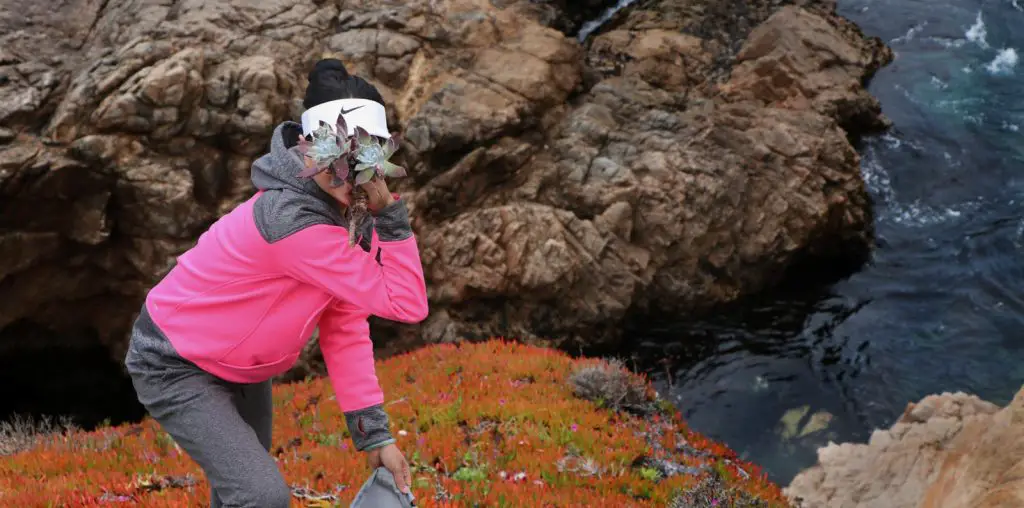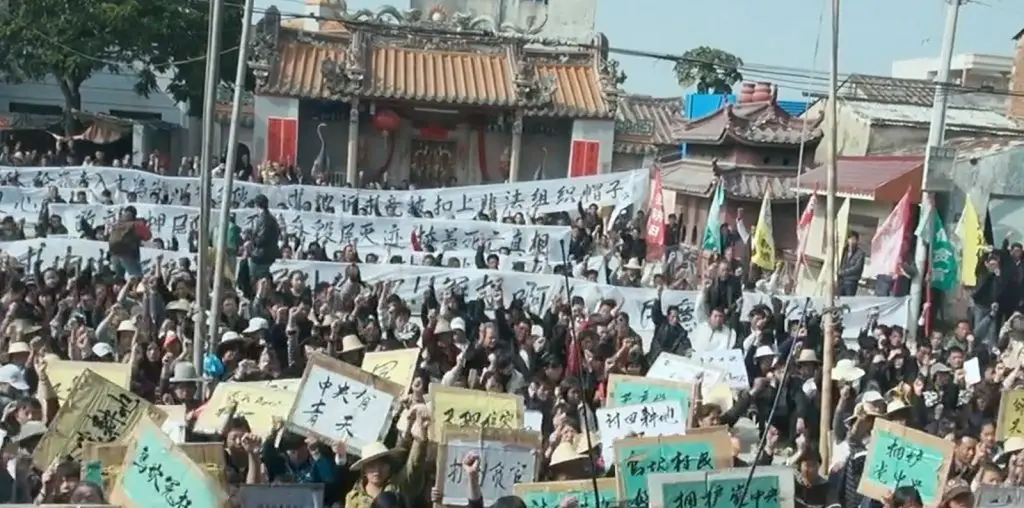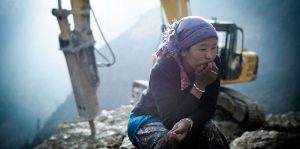
Baato revolves around one thing: the 300-kilometer journey that the Bhotia family must take part in to reach local markets to sell their medicinal plants. Whereas many documentaries tracking an endeavor so grand might focus on the epic scope of it all, co-writers and directors Lucas Millard and Kate Stryker choose another route by shedding light on the numerous, small-scale conflicts that the family must trudge through to reach their destination.
The arduous trek displays the Bhotias endurance and determination, both physically and mentally. While there’s plenty of danger on the trail to the markets, the issue of needing a permit to sell their medical plants could quickly eliminate any hope of the Bhotias vending their goods. Small conflicts take entire scenes to conclude, with it being shown how self-reliant the Bhotia family must be to make it in time.
Set in eastern Nepal, the landscapes and overall scenery are almost a character in and of itself. While the color palette is somewhat bland in the beginning, as the film goes on, the cinematography certainly gets better with there being a wider variety of filmmaking techniques to show off the Nepal scenery. There are some great uses of smoke, shadows, and silhouettes, all adding diversity to the overall presentation. As well as the visual aspects, Craig Chin and Matthew Robert Cooper churn out compositions that fit the tone very well. The music and visuals, brought together, make for a tranquil experience.
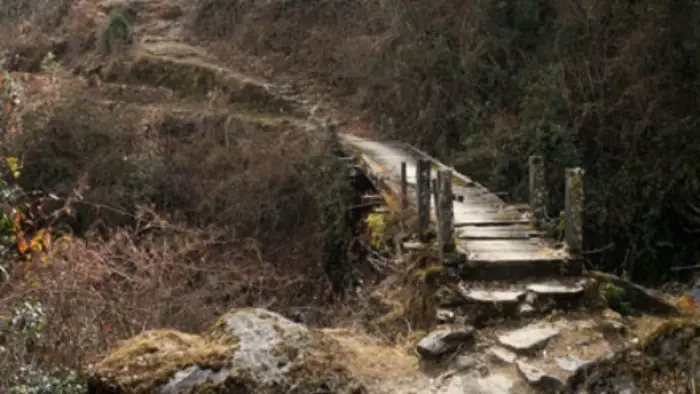
“…the 300-kilometer journey that the Bhotia family must take part in to reach local markets…”
The drawn-out pacing is the biggest setback in Baato. While much of the small-scale conflicts are interesting to see unfold, there are numerous moments, which don’t serve the general narrative and are heavily dragged out. On top of the pacing, most of the documentary’s subjects have little opportunity to explain what’s going on with their journey. Instead, that honor is given to text that fades in and out of frame whenever important information needs to be conveyed. Even so, the connection that the Bhotia family has with one another does come through at the end, even if their individual personalities aren’t given much attention.
Still, the moments that are pressing to the story are executed quite well. With the middle dragging as much as it does, when the end payoff occurs, it really stands out from the rest of the movie. Basically, every aspect, whether it be the colors or the music, gets progressively better, making the ending surprisingly impactful, given how the film started.
Millard and Stryker’s Baato accomplishes the goals it set out to achieve. Attention was brought to the people being directly affected by new infrastructure. Even though the result may not be perfect by all means, the documentary still creates a window into the lives of people who have to travel so far just to sell their goods. The conflicts shown are such that they may be overlooked. Luckily, movies like this give a chance for these issues to be seen by many.
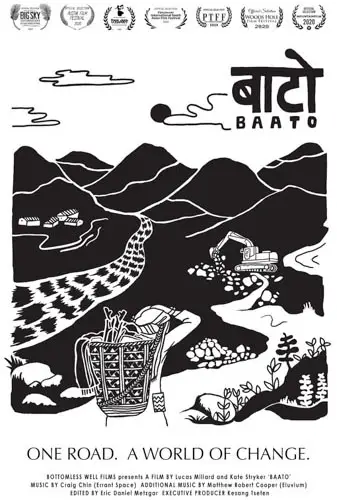
"…surprisingly impactful..."
